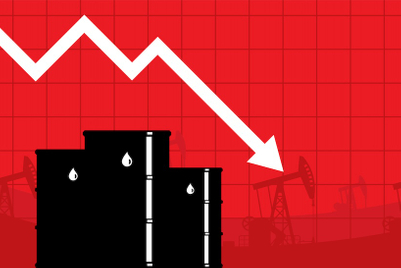
If there’s one thing you need to know about big oil companies, it’s this; they are not changing.
They are not reducing oil and gas extraction; they are not stopping the exploitation of nature, laws and labour. They are certainly not going to help us all halve greenhouse gas emissions this decade—like the scientists say we must do in order to stop a climate catastrophe.
Yet, somehow, people seem to think that big oil is going to be ‘net zero’ or that petroleum is necessary for our prosperity.
Why do people think that? In part because of deceptive and misleading advertising. Advertising from companies such as Shell.
Comms Declare is one of many organisations around the globe that has made legal complaints about Shell’s advertising. The Australian Securities & Investments Commission (ASIC) is investigating our complaint of Shell's claim that it will be ‘net zero by 2050’.
The complaint makes the following points:
Shell is primarily an oil and gas company and is not significantly transitioning its business into renewable energy
Shell has no intention of implementing its net zero business plan, according to internal emails presented to the US House of Representatives
Shell’s climate targets deliberately exclude the petrochemical and trading parts of the business.
A Shell campaign has just been banned in the UK for excluding information about its environmentally-damaging products. The advertising watchdog in the Netherlands has also pulled Shell ads for false environmental claims.
So, while, as an agency, your budget report may benefit from taking Shell’s large media budget, that profit bump will be nothing compared to the long-term destruction of value that taking such a client will cause.
Firstly, the damage will include any reputation you may have as an ethical business. There’s nothing like an Extinction Rebellion protest on your doors to take the gloss off your ESG claims.
Then there is your staff. We’ve found that 91% of advertising staff under 30 mention climate as one of the issues most important to them and 70% actively want to work at a more climate-friendly company. Your staff’s motivation, loyalty and retention will suffer. You can forget about attracting the best talent.
If you’re going to Cannes—beware. You will be greeted by a growing band of climate advocates such as Clean Creatives. Its executive director, Duncan Meisel explains, “We’re going to Cannes to help clarify the choice that marketers face today: they can either continue to be associated with the dirtiest companies on Earth, or take their climate ambition to the next level, and stop working with the fossil fuel polluters like Shell that are misleading consumers and overheating the planet.”
Clean Creatives’ excellent guide to destroying a Shell pitch is already one of its most shared social content on LinkedIn. It includes an encrypted link for agency whistleblowers.
Then there is the damage to the advertising industry. As the climate crisis bites, there will be growing calls for restrictions on advertising, including outright bans. If agencies and advertisers won’t stop pedaling dangerous distortions and increasing demand for environmentally damaging products and brands, governments will step in. This has already happened in France, Sydney and Amsterdam.
Finally, there is the most significant harm of all—to the natural world—on which our prosperity and lives depend. Shell is one of the top 10 greenhouse gas polluters in history which pumps out around 3.6 million barrels of oil equivalent daily. If we want to have profitable businesses in the future, we must stop enabling and supporting the damaging companies of the past.
Belinda Noble is the founder of Comms Declare.



.jpg&h=334&w=500&q=100&v=20250320&c=1)


.png&h=334&w=500&q=100&v=20250320&c=1)




.png&h=334&w=500&q=100&v=20250320&c=1)


.png&h=268&w=401&q=100&v=20250320&c=1)





.png&h=268&w=401&q=100&v=20250320&c=1)